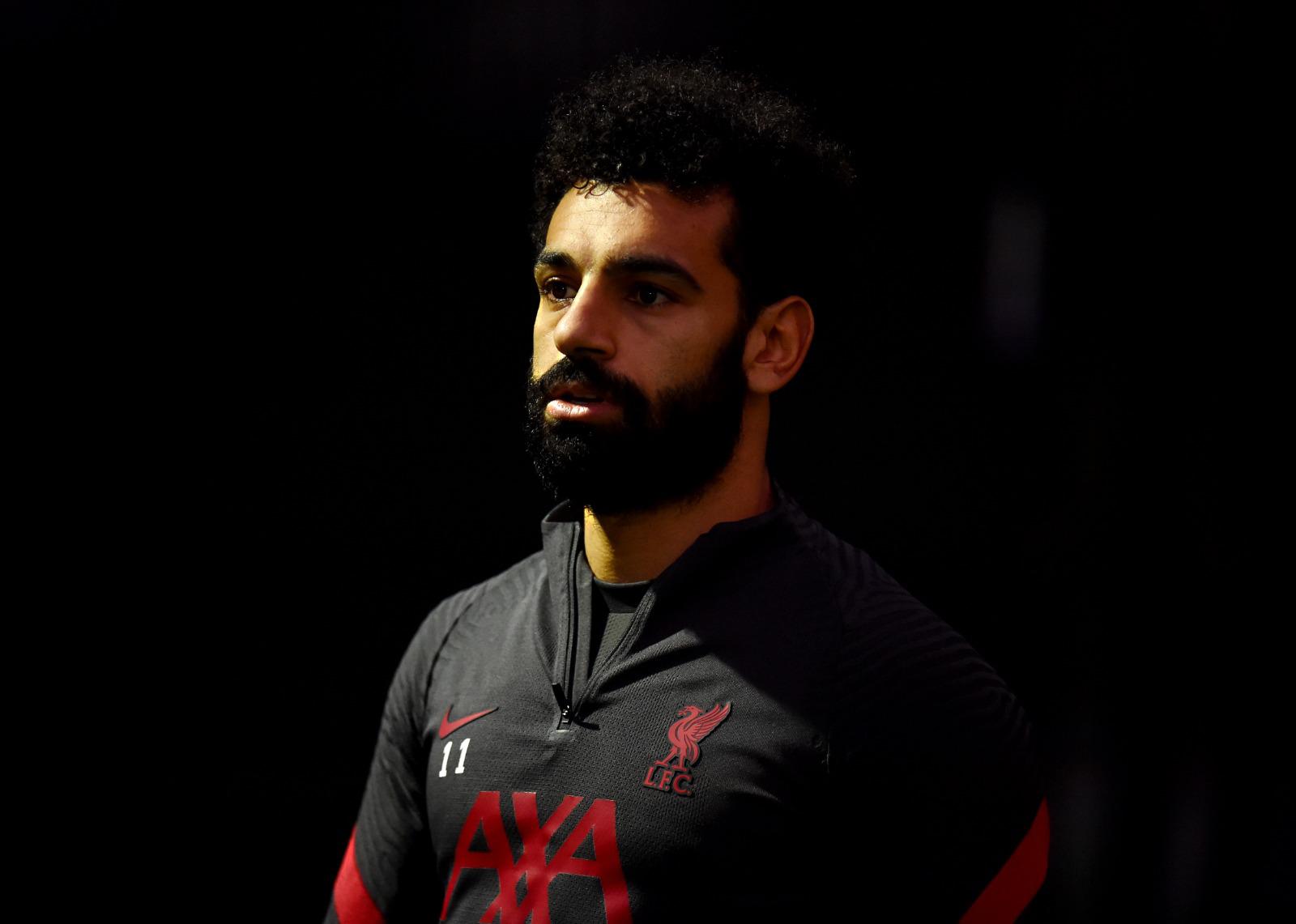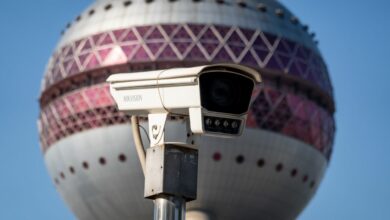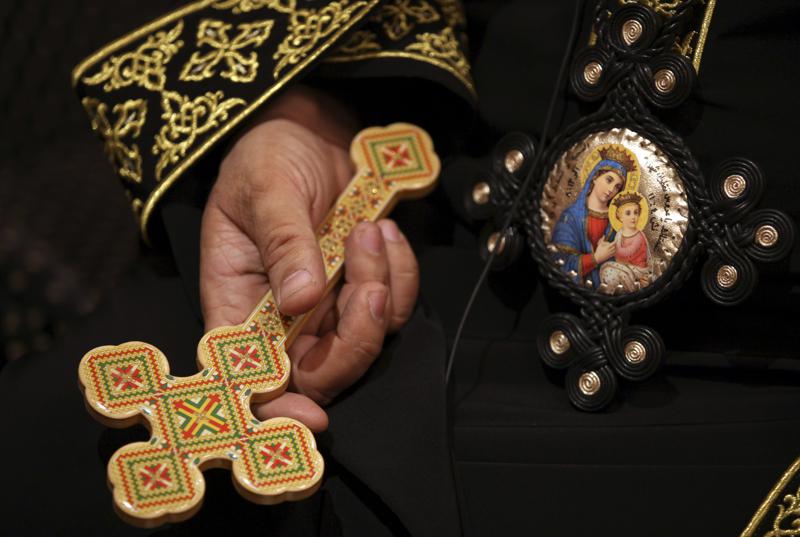Despite being one of the most celebrated cities of the ancient world, Luxor could soon fall prey to one of the modern era’s least celebrated innovations – the Closed Circuit Television (CCTV) camera.
The city, which more than 3000 years ago was the capital of Egypt during the New Kingdom, is due to be fitted out with 100 cameras under a plan to improve security in the area. They will monitor everything from tourists hopping off their cruise boats in the harbor to visitors walking into the city’s temples.
Yet like a number of other surveillance projects in the works – including a US$4 million plan to install 350 CCTV cameras on Cairo’s metro system – the idea is currently on ice as the post-Mubarak government deals with the chaos caused by the 25 January revolution.
Emad Adly, chairman of one of the companies that applied for the metro CCTV project tender, said he had heard “rumors” that the whole thing might be canceled.
“The last thing I heard from the Ministry of Transport was that the whole thing was on hold,” said Adly, also the chairman of Audio Technology.
The same goes for the Luxor CCTV project, according to CSI Egypt, one of the companies that applied to the tender.
Although the disruption caused to these wide-ranging surveillance projects is proving to be a headache for company shareholders, it is a welcome relief for those who feel that Egypt’s authorities are in danger of turning their country into an Orwellian nightmare.
In the past two years, the number of street-level security cameras across the country has increased rapidly through government-sponsored projects.
Since late 2009, nearly 300 cameras have been installed in Alexandria and Cairo’s Al-Azhar area of at a cost of more than US$7.5 million – with all of the cameras being supplied by Audio Technology.
The same company also has a contract to provide an additional 100 cameras in Hurghada, where lenses that can zoom up to 400 meters and swivel around full circle could soon be operational.
Audio Technology’s partner in all of its projects has been Orascom, the telecommunications firm owned by billionaire businessman-turned-politician Naguib Sawiris. While Audio Technology provides the cameras used for the CCTV systems, Orascom installs the wireless technology and control rooms required to monitor the images.
The spread of CCTV across Egypt mirrors a wider trend in the region. A report by IMS Research last year estimated that the Middle East market for video surveillance equipment would grow by 10 percent in 2010 and continue its upward trend strongly toward 2013.
Steve Batt, Middle East sales manager for video equipment firm Vicon, said it was true that the use of surveillance CCTV in Egypt was widening, but that the development was only following a global pattern.
“What’s happening in Egypt is not very different to what’s happening elsewhere,” he said.
According to Emad Adly, the spread of CCTV technology is essential for securing businesses across Egypt.
“Security is one of the most important things for investors," Adly said.
Mohamed Ezzeldin, managing director of Egypt's division of the security services company G4S, agreed. His own company pitched to secure the recent contracts in Hurghada and Alexandria and is also in the running to provide the proposed CCTV network on Cairo’s metro system.
“The country needs the CCTV,” he said. “If there is an incident, then you can find someone to blame. I think it’s really important.”
Yet Steve Batt warned there was a possibility that the technology could be abused by authoritarian governments – particularly in the Middle East.
He said that the Interior Ministry, which controls all of the government street surveillance projects through its Technical Research Department, would be responsible for all of the control rooms used in CCTV operation.
“The Interior Ministry has to approve the operators and run the system,” he said.
“In the United Arab Emirates, if you are building a new Ritz Carlton, in order to get the hotel open and get a license you have to install a security system in accordance with Interior Ministry guidelines.
“If that system has to conform to the same standard, it makes it simple for the Interior Ministry to access it," Batt said.
However, he questioned how valuable CCTV really was for a police state hoping to monitor its citizens.
“It’s very easy to sensationalize what you can do with a blurry image of a person in the street next to 15,000 other people," he said.
Wherever you look in Egypt, it seems the CCTV industry is booming. Private demand for cameras and security systems has skyrocketed in many sectors because of the uncertainty caused by the uprising. Mohamed Ezzeldin said that he reached his company’s US$4 million sales target four months earlier than he did last year due to a hike in orders from oil companies and industrial firms.
For now, the uprising has stalled the boom in government CCTV surveillance. But if the projects which were in the works prior to 25 January get back on track, then the trend of increasing surveillance will continue unabated.




